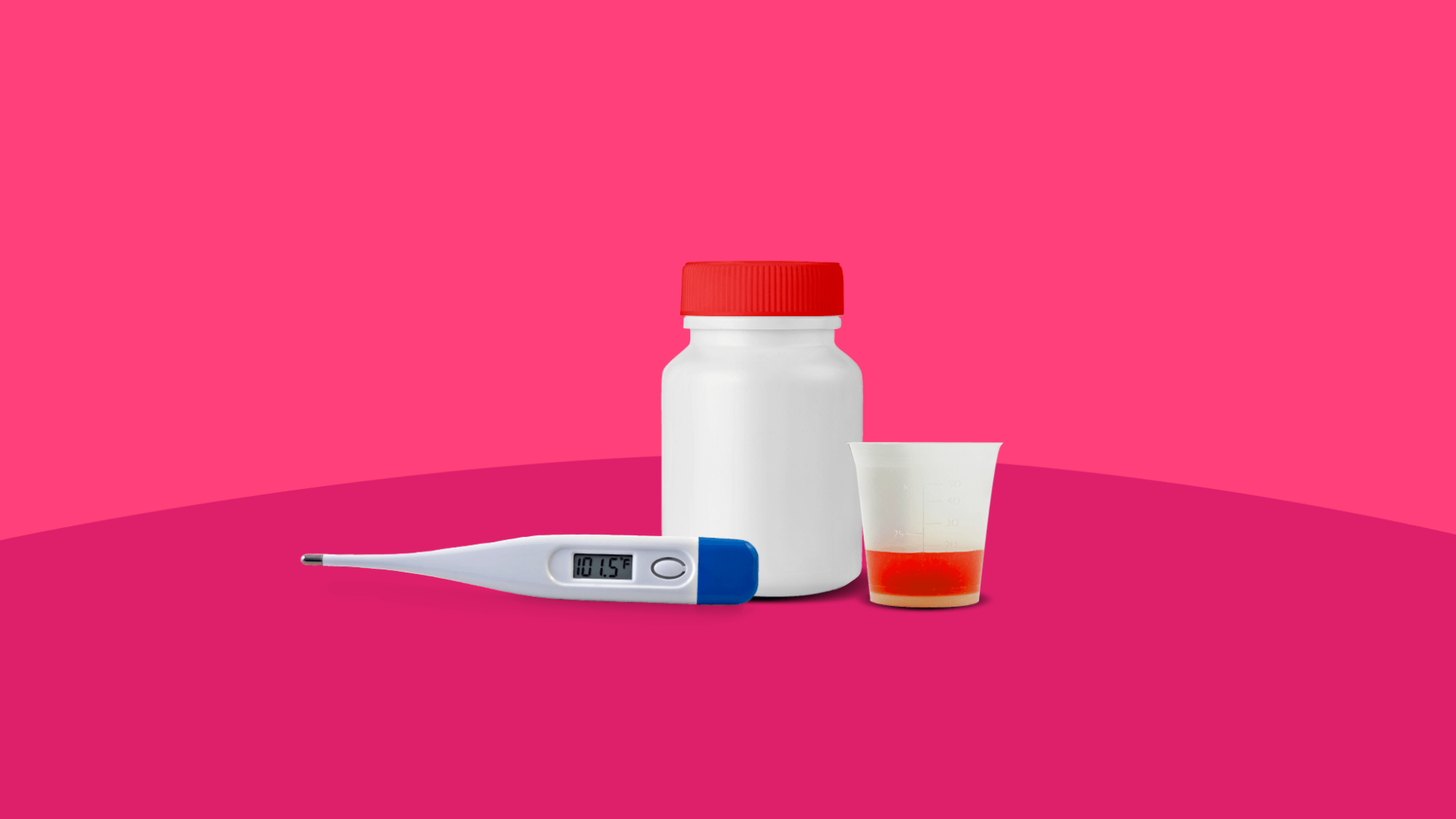Key takeaways
Ibuprofen and Dayquil Cold and Flu do not directly interact, meaning most people can take both for symptom relief from influenza or a common cold.
The potential for serious side effects with ibuprofen and Dayquil products, individually and collectively, is enough to give everyone pause in considering whether their benefit outweighs their risk in each circumstance.
Additive adverse effects from ibuprofen and Dayquil products could be particularly dangerous for seniors, anyone with heart problems, or anyone taking warfarin.
Combining Dayquil with other cold medications is typically avoided due to questionable benefits and to reduce the chance of an overdose of a common ingredient.
When in doubt, ask your healthcare provider if the combination of ibuprofen and Dayquil is safe.
The misery of having influenza or even a common cold can make us want to reach for relief in any form. Grabbing ibuprofen off the shelf for its pain-relieving and fever-reducing actions and Dayquil for its multi-symptom relief may sound like a good idea, but is it really? The question can be broken down into whether it is safe to take both and beneficial. Most people can take both together safely, but certain underlying health conditions could make it risky. The second aspect of the question pertaining to benefits requires a deeper dive, too, so let’s get to it.
Can you take ibuprofen with Dayquil?
The short answer is that most patients can take ibuprofen and Dayquil concurrently. Still, given the list of drugs involved, you should get the medical advice of your healthcare provider or pharmacist. Dayquil products come in many varieties and can have varying active ingredients.
Dayquil Cold and Flu contains acetaminophen to relieve pain and fever, dextromethorphan to suppress cough, and phenylephrine to reduce nasal congestion. Each component requires some thought about whether they could cause unwanted side effects or interact with your medical conditions. In addition, you should consider whether you need each ingredient based on your symptoms. For example, taking dextromethorphan, a cough suppressant, is not worth the risk if you don’t have much of a cough. According to a report from the FDA in 2023, the phenylephrine ingredient is not even effective.
Coupling Dayquil Cold and Flu with other cold medicines can be problematic given the likelihood of inadvertently doubling up on a drug class or drug, leading to overdose. For example, acetaminophen is included in Dayquil Cold and Flu. Acetaminophen is the active ingredient in Tylenol, as well as in other combination cold medications. The U.S. Food and Drug Administration (FDA) has published warnings to consumers about the risks of acetaminophen overdose with cold medicines.
Benefits of taking ibuprofen and Dayquil at the same time
There are valid reasons why you might be interested in taking both ibuprofen and Dayquil for your cold symptoms. The acetaminophen in Dayquil products may not be enough of a pain reliever for some of your flu symptoms, like body aches, headaches, or sore throat. It may not reduce your fever adequately, either. If so, ibuprofen is a nonsteroidal anti-inflammatory drug (NSAID) that can address these problems with a different mechanism than acetaminophen, albeit one with some additional risk of side effects.
Ibuprofen or its common brand-name forms Advil and Motrin are often recommended instead of acetaminophen in other painful circumstances such as joint sprains, muscle strains, and menstrual cramps. The SingleCare discount card may be of interest if you want to save money on the brand or generic versions of the drugs we are highlighting.
Are there dangers taking ibuprofen and Dayquil together?
There are serious side effects of Dayquil ingredients and ibuprofen, independently. Regarding Dayquil Cold and Flu, the acetaminophen component can cause serious skin reactions and liver damage with excessive dosing. The dextromethorphan ingredient has interactions with a host of prescription drugs, namely antidepressants, among others, and natural products, like St. John’s Wort. Phenylephrine can raise heart rate and blood pressure, a reaction that could be hazardous to anyone with a history of heart disease or circulatory problems. Ibuprofen’s adverse effects include stomach pain and bleeding, kidney damage, fluid retention, and high blood pressure, any of which can be more problematic for those with heart disease, kidney or liver function impairment, or advanced age.
Taking ibuprofen and Dayquil Cold and Flu together could lead to additive problems for certain individuals. Ibuprofen and phenylephrine can both be harmful to those with heart disease and hypertension. Ibuprofen and acetaminophen interact with warfarin, an anticoagulant, creating a heightened risk of bleeding. Based on a higher likelihood of underlying medical conditions and taking other daily medications, seniors have to be particularly hesitant about taking ibuprofen or Dayquil products, let alone both together. These issues warrant a conversation with a healthcare professional before taking the products.
Dayquil Cold and Flu is only approved for children 12 years and older. According to an FDA advisory, cold medicine, in general, is not recommended for children under age 2, and even for older children, it may not be worthwhile. There is a lack of studies proving effectiveness and safety in kids.
How long after taking Dayquil can I take ibuprofen?
If your doctor deems it safe and recommends taking ibuprofen and a Dayquil product, the timing is likely not a concern. On an as-needed basis, ibuprofen is typically dosed every six hours, and Dayquil Cold and Flu is dosed every four hours but limited to no more than four doses daily. If your symptoms improve, you may find that you don’t need to take either medication as frequently.
- Dayquil and Nyquil Cold and Flu, NIH DailyMed (2023)
- Ibuprofen: Drug label, NIH DailyMed (2024)
- Drug interaction results, Micromedex (2024)
- Don’t overuse acetaminophen, FDA (2024)
- FDA clarifies results of recent advisory committee meeting on oral phenylephrine, FDA (2023)
- Use caution when given cough and cold products to kids, FDA (2018)




